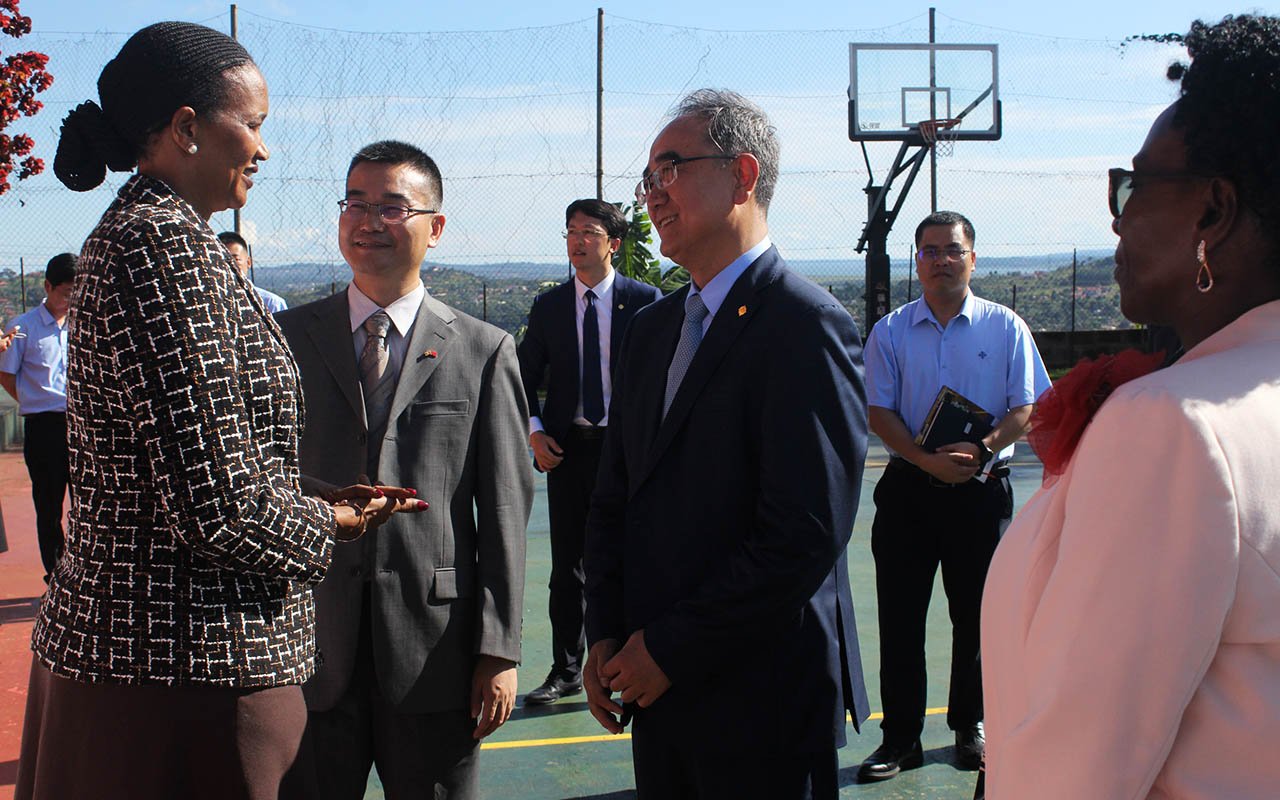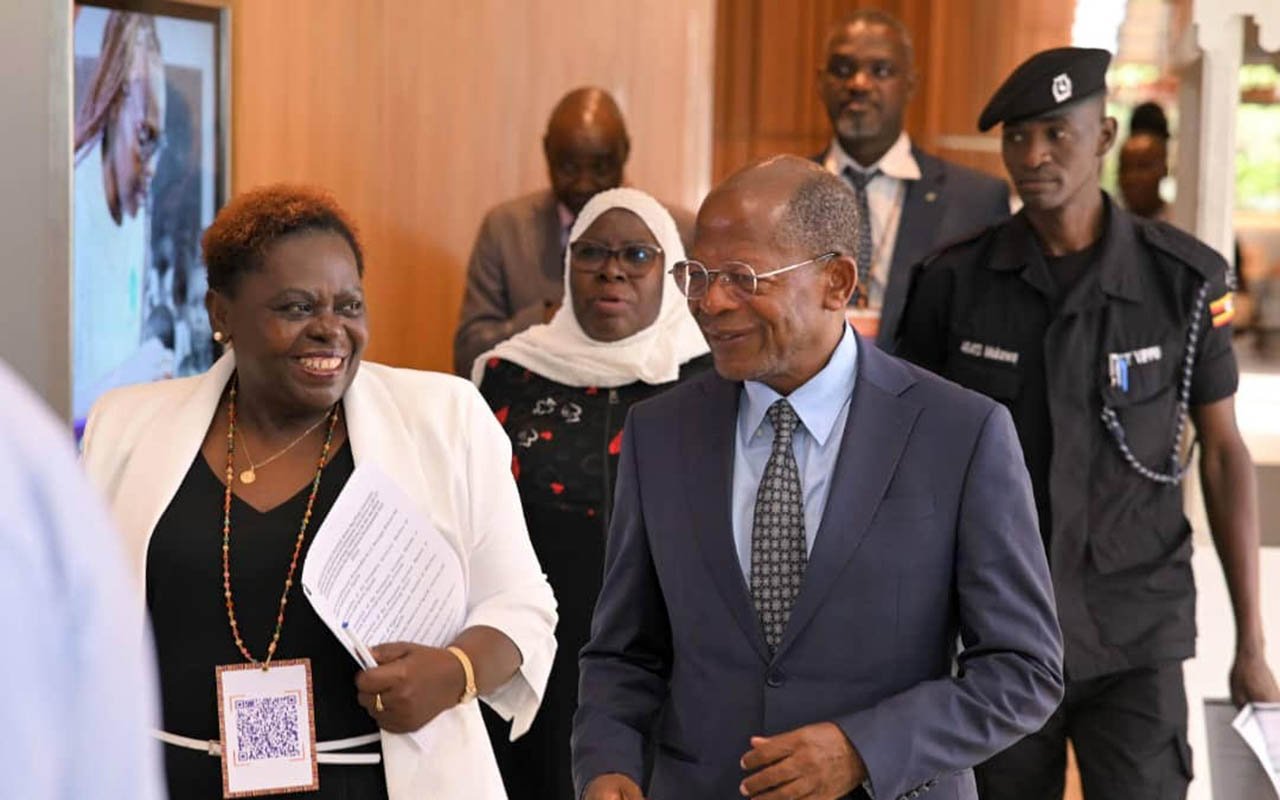Voting begins in Cape Verde, Africa's model of democracy

Military personnels sit in a bus to carry ballot boxes and voting equipment to a polling station in Praia, on April 17, 2021, on the eve of the parliamentary elections. PHOTO/AFP
What you need to know:
- In a continent marked by political unrest, coups or monolithic rulers who have been in power for decades, the tiny Atlantic archipelago stands out
Voters in Cape Verde, a bastion of democracy in Africa, began casting their ballot on Sunday after a campaign dominated by the Covid pandemic and its impact on a tourism-dependent economy.
Voting began at 0800 GMT and polling stations are scheduled to remain open until 1900 GMT, with just over 392,000 people registered to vote.
In Praia, queues of voters had already began forming early Sunday in front of schools serving as polling stations, AFP journalists observed.
Results are expected overnight Sunday.
With foreign tourism accounting for roughly a quarter of the economy and visitors unable to come here as a result of global pandemic restrictions, Cape Verde, with a population of 550,000 was plunged into a historic recession in 2020, when output shrank by 14.8 percent.
Prime Minister Ulisses Correia e Silva's Movement for Democracy (MpD) is being closely contested by the African Party for the Independence of Cape Verde (PAICV), a socialist party led by Janira Hopffer Almada.
Both major parties are pitching on measures to provide wide access to vaccination and to diversify the economy.
But neither party looks set to be an outright winner and four small parties are also contesting the poll.
In 1990, one-party rule in Cape Verde was swept away, leading to the first multi-party elections the following year.
In 2016, the MpD ended the PAICV's 15-year run with a historic victory, gaining 40 out of the 72 seats in the single-chamber parliament, the National Assembly.
Cape Verde has a semi-parliamentary system in which the prime minister wields executive power while the president plays the part of arbitrator in the event of intractable disputes.
Elections for the presidency take place on October 17.
In a continent marked by political unrest, coups or monolithic rulers who have been in power for decades, the tiny Atlantic archipelago stands out.
It ranks just behind Mauritius as the most democratic country in sub-Saharan Africa in the Economist Intelligence Unit's 2020 Democracy Index.





